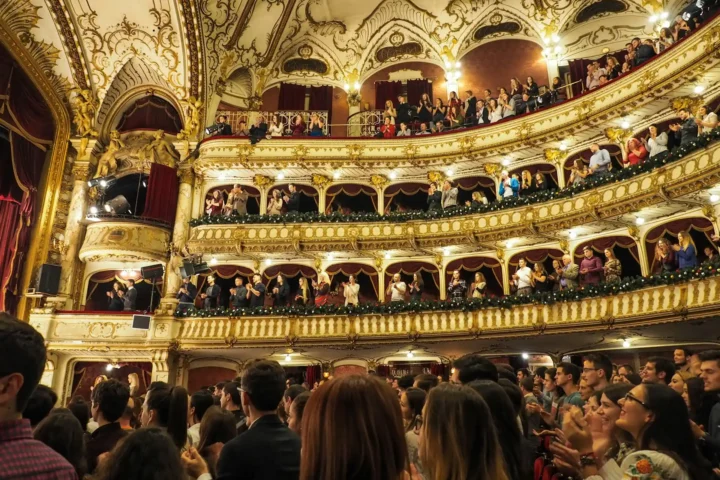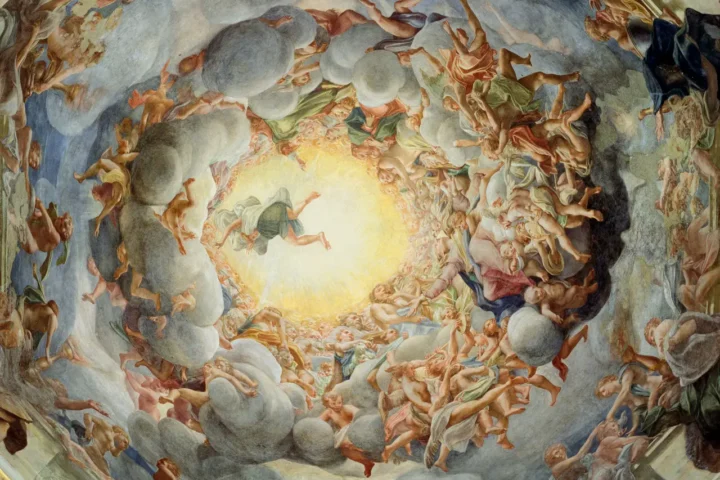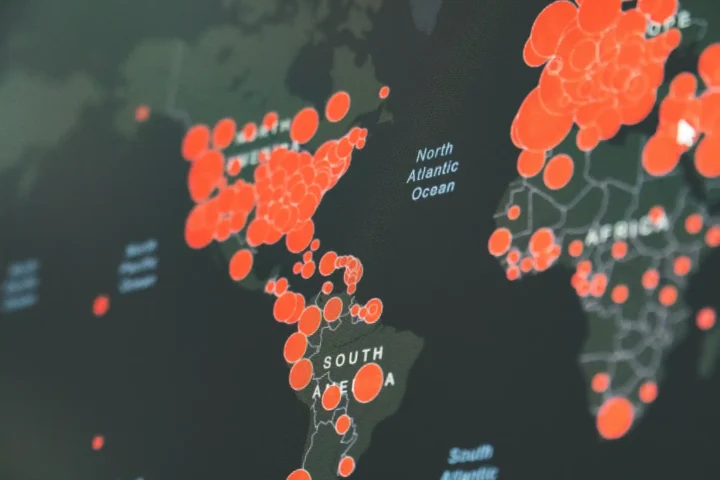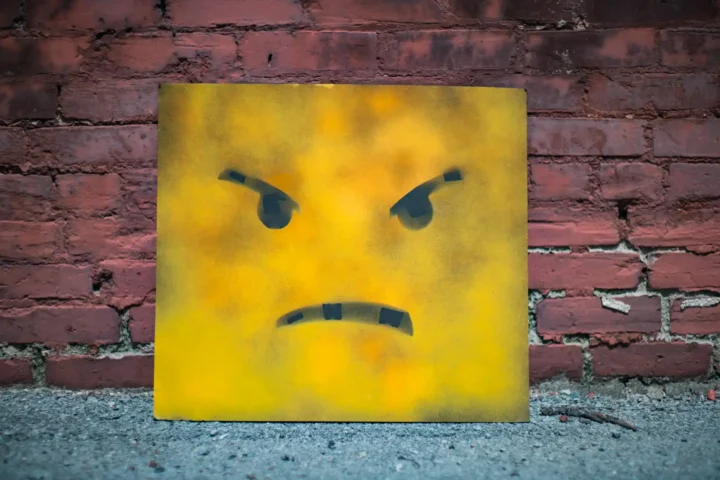For all the talk about the secularization of the West, it turns out millenarian impulses never truly disappeared—they simply changed costumes. Today, a strange fusion of religious fervor, technology, and politics has resurrected a mythical narrative in which Jews once again appear as the cosmic obstacle to redemption. The resurgence of antisemitism in Western discourse isn’t just a relapse into old prejudices. It’s a symptom of a deeper shift: the return of political theology in an age of acceleration.
Consider the recent “Sumud” flotilla. Publicly framed as a protest against Israel’s blockade of Gaza, it was, at its core, a ritualized performance of deliverance—a symbolic parting of the sea. In that sense, it wasn’t merely political; it was liturgical. It dramatized a struggle in which Israel stands as the only thing holding back the world’s redemption.
Antisemitism has always been more than bias. It’s an explanatory framework. A story in which Jews represent the final impediment—religiously, politically, or cosmologically—to utopia. In the 20th century, the historian Saul Friedländer warned about this fantasy under the chilling term “redemptive antisemitism”: the notion that progress requires the removal of Jews.
In today’s West, this myth has found a new accelerant: technology. Social platforms compress conflicts into memes, rage into trends, and violence into livestreams. The future is constantly refreshing, and with each swipe, patience becomes complicity. In this culture of hyper-speed transformation, impatience is the new virtue—and Jews once again stand as the alleged saboteurs of universal redemption.
The massacre of October 7, 2023, and its aftermath exposed this dynamic in stark relief. Islamist groups marketed the attack as an apocalyptic “Flood.” Meanwhile, parts of the Western left absorbed and translated the incident into a secular gospel: Israel as colonizer, Palestinian violence as righteous revolt. It wasn’t mere political criticism; it carried theological undertones.
This is an old script dressed up in modern slogans. In the past, Christianity cast Jews as stubbornly particular, refusing to yield to universal truth. Secular ideologies later recoded them as symbols of capitalism, cosmopolitanism, or cultural decay. Now, accelerationist progressives increasingly see Jewish identity—especially Jewish nationhood—as a barrier to the frictionless future.
Even post-humanist dreams seem haunted by this discomfort. In visions of a world of boundless AI and limitless techno-evolution, Judaism’s insistence on boundary—law, memory, tradition—reads like sabotage. An ethic rooted in Sabbath and covenant doesn’t mesh easily with a world built on instant gratification and infinite expansion.
The danger here isn’t only for Jews but for civic society itself. When political movements adopt redemptive fantasies, they sanctify violence and reduce human lives to symbols. Antisemitism—especially in its anti-Zionist guise—once again becomes the shortcut to a purified global order.
To break this spell, we have to do more than condemn hate. We need to slow down. Rehabilitate the democratic virtues that acceleration erodes: patience, nuance, responsibility, and the hard work of compromise. We must defend Jewish life—both in Israel and the diaspora—not as an exception to universalism but as evidence that true universality is built from thriving particular communities.
There is no app for that. No viral hashtag. Just the slow, deliberate work of politics, institutions, and tradition. Today’s obsession with rupture, with tearing down all that binds us, must yield to a recognition: the future will not be made better by erasing the people long cast as its obstacle.
In an era hungry for myths, the most subversive act might be to embrace what endures: law over chaos, persons over causes, traditions over abstractions, and lives over liberationist fantasies.










